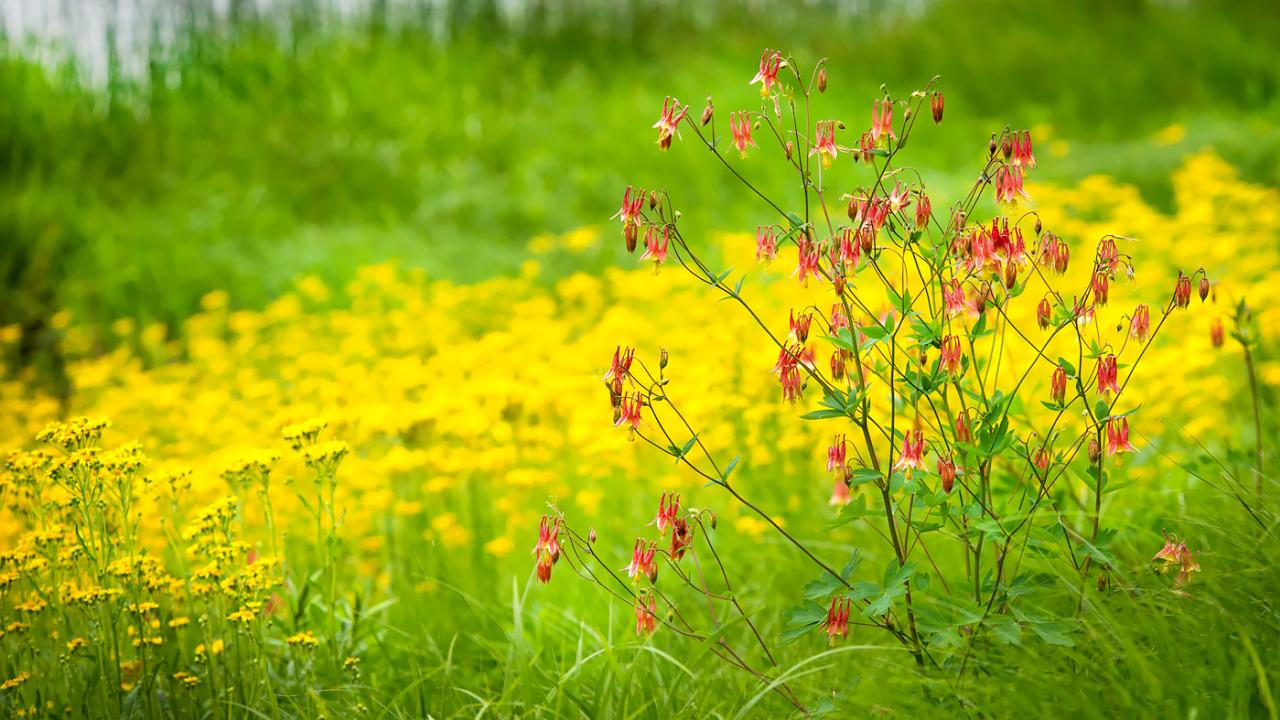

Plant Science &
Conservation
Garden Stories
60-Second Science: Begone, Buckthorn!
When buckthorn moves in to the ecosystem, it dominates.
Imagine a friend invites you to a dinner party, promising a delicious spread of food and libations. You arrive, excited and hungry, only to find nothing but raw kale, brought by an uninvited guest. Regardless of your feelings about kale, this would be pretty underwhelming. The other guests are obviously disappointed about the monotonous spread. Most people leave, and because most people aren’t eating the kale, the kale continues to dominate the party. Even if someone brought in better foods that more people enjoy, there is no room on the tables. The kale is everywhere!
While not a perfect analogy, this anecdote relays the reasons why buckthorn invasion is detrimental to forest ecosystems. The dinner guests are like the other plants and animals that usually live in the woods. They have certain dietary needs, and if those needs cannot be met, they will have to leave and find another place to live. The more one species dominates (kale, or in many local forests, buckthorn) the fewer species can live there, leading to the ecological equivalent of a party that ends at 8:30, just as everyone was arriving. While it may be true that one person at the party really likes kale, it’s hardly fair for the preferences of that person to supersede everyone else’s needs. In the case of buckthorn, many have opposed its removal because that denies robins a berry that they enjoy. However, keeping the buckthorn (which doesn’t belong there in the first place) is like keeping all of the kale on the tables and not allowing for other foods to be served just for that one person. Even more frustrating, the person that likes kale has plenty of other dietary options. Kale isn’t even their favorite food!
.jpg)
The McDonald woods shows healthy filtered sunlight and native plant understory growth after buckthorn removal.
To many people, the idea of cutting down trees to help forests grow stronger is counterintuitive. But buckthorn is no ordinary tree. It is an invasive species, meaning that it doesn’t belong in Chicago area forests, and it steals resources from the plants that are supposed to live here. So remember, when you hear people talking about cutting down buckthorn, they are actually doing it to make the habitat healthier and more inclusive in the long term. They are working to replace the kale at the party with better food and drinks, ensuring that all the guests that were invited can have a good time, staying up until sunrise.
Read more about our ongoing buckthorn battle, and see the difference removal makes in restoring an ecosystem.

